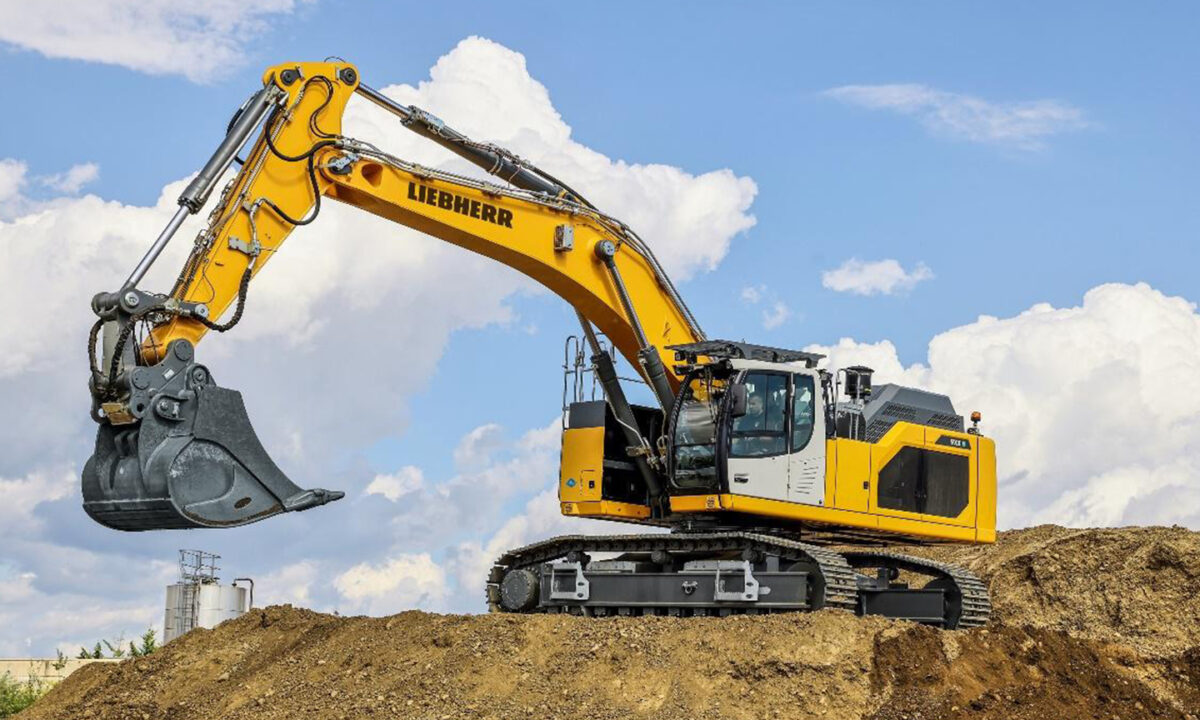Hydrogen in the Construction Machinery Sector: A Milestone for Sustainability

The progress of energy transition is generating an ever-increasing need to decarbonise difficult to convert sectors. A wide range of industries are switching to alternative fuels and greater electrification.
In this respect, hydrogen is a pioneering technology for the reduction of CO2 emissions in these sectors, when used as an alternative fuel for heavy machinery. At the same time, hydrogen is an additive technology for extending the use of renewable energy sources. It offers the potential for restructuring energy supply with a positive knock-on effect for the international pipeline industry. To make a positive contribution to reducing emissions, Liebherr is developing alternative drives systems. These include internal combustion engines powered by hydrogen.
An example is the R 9XXX, Liebherr’s first excavator powered by a hydrogen combustion engine. The H2 drive of the crawler excavator does not require a permanently connected power supply and results in very low NO2 and CO2 emissions: Depending on the evaluation method, CO2 emission reductions for the hydrogen internal combustion engine are almost 100% under tank to wheel evaluation and 70% for cradle to grave when considering the full life cycle. Integrating hydrogen as a fuel for heavy machinery has the potential to make a significant contribution to overall climate protection.
More about Liebherr-Werk Telfs GmbH